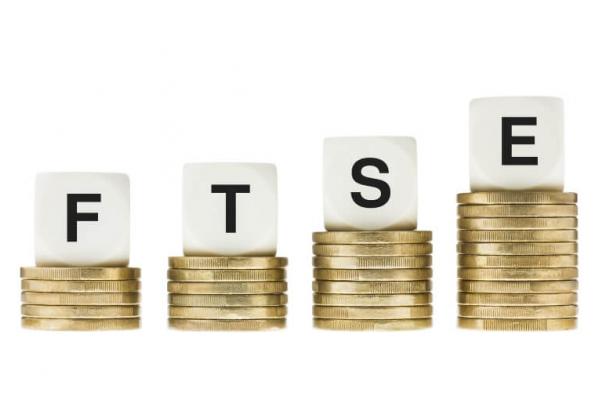Definition of FTSE 100: Meaning, Composition, and Strategies
The FTSE 100 index is one of the most popular choices for traders around the world. It represents the UK’s top 100 companies and serves as a measure for the broader UK market. Since it is comprised of a large number of individual stocks, it produces a reliable signal in comparison to the American Dow Jones or the German DAX.
What Does FTSE Stand For?
FTSE is short for Financial Times and Stock Exchange, which refers to their joint ownership over the company. The FTSE Group maintains financial indices to measure sections of the overall stock market. Information on how a particular market segment is performing and gives traders and investors invaluable insight.
The most well-known index produced by the FTSE Group is the FTSE 100. It embodies the overall performance of the 100 major companies in the United Kingdom listed on the London Stock Exchange (LSE). It provides a snapshot of the most highly capitalized 'blue-chip' companies, meaning they are trusted and recognized.
Understanding the FTSE 100

Every constituent of the FTSE 100 Index participates in the London Main Market. Combined, they account for about 80% of the total value of all publicly traded companies within the LSE. Currently, the top 10 companies that belong to the index include:
| Name | Industry | Weight (%) |
| HSBC | Banks | 6.79 |
| BP | Oil & Gas Producers | 5.52 |
| Royal Dutch Shell A | Oil & Gas Producers | 5.5 |
| AstraZeneca | Pharmaceuticals & Biotechnology | 5.12 |
| Royal Dutch Shell B | Oil & Gas Producers | 4.82 |
| GlaxoSmithKline | Pharmaceuticals & Biotechnology | 4.59 |
| Diageo | Beverages | 4.18 |
| British American Tobacco | Tobacco | 3.69 |
| Unilever | Personal Goods | 2.86 |
| Rio Tinto Group | Mining | 2.49 |
The composition of the FTSE 100 index is revisited every quarter. The review usually takes place on Wednesdays following the first Friday in March, June, September, and December. Any numbers and values used in the calculation are taken from the night before. The methodology relies on price changes of underlying constituents.
As has been said, market capitalization is a defining factor by which companies make the list. However, there are other conditions for being featured in the index:
- Being quoted on the LSE
- Staying compliant with the company’s origin and liquidity ratio
- Remaining publicly traded stocks.
If it turns out, a company doesn't meet all of the requirements, it gets taken out. The composition always includes 100 companies, which is why a new one is added to the list. Obviously, it must meet all the rules mentioned above.
Why to trade with Libertex?
- access to a demo account free of charge
- technical assistance to the operator 5 days a week, 24 hours a day
- leverage up to 1:500
- operate on a platform for any device: Libertex and Metatrader 4 and 5
- no commissions for extractions in Latin America




